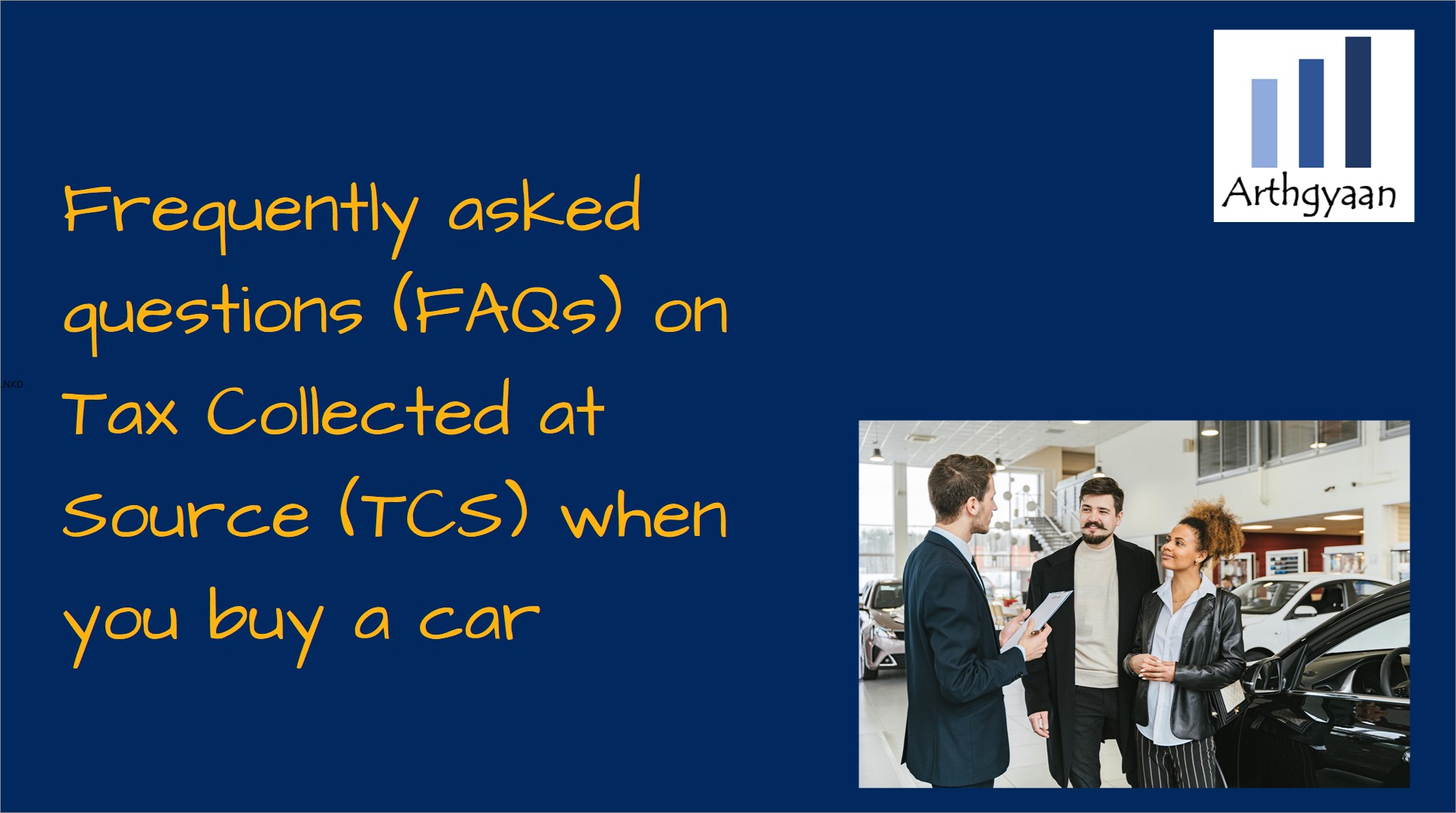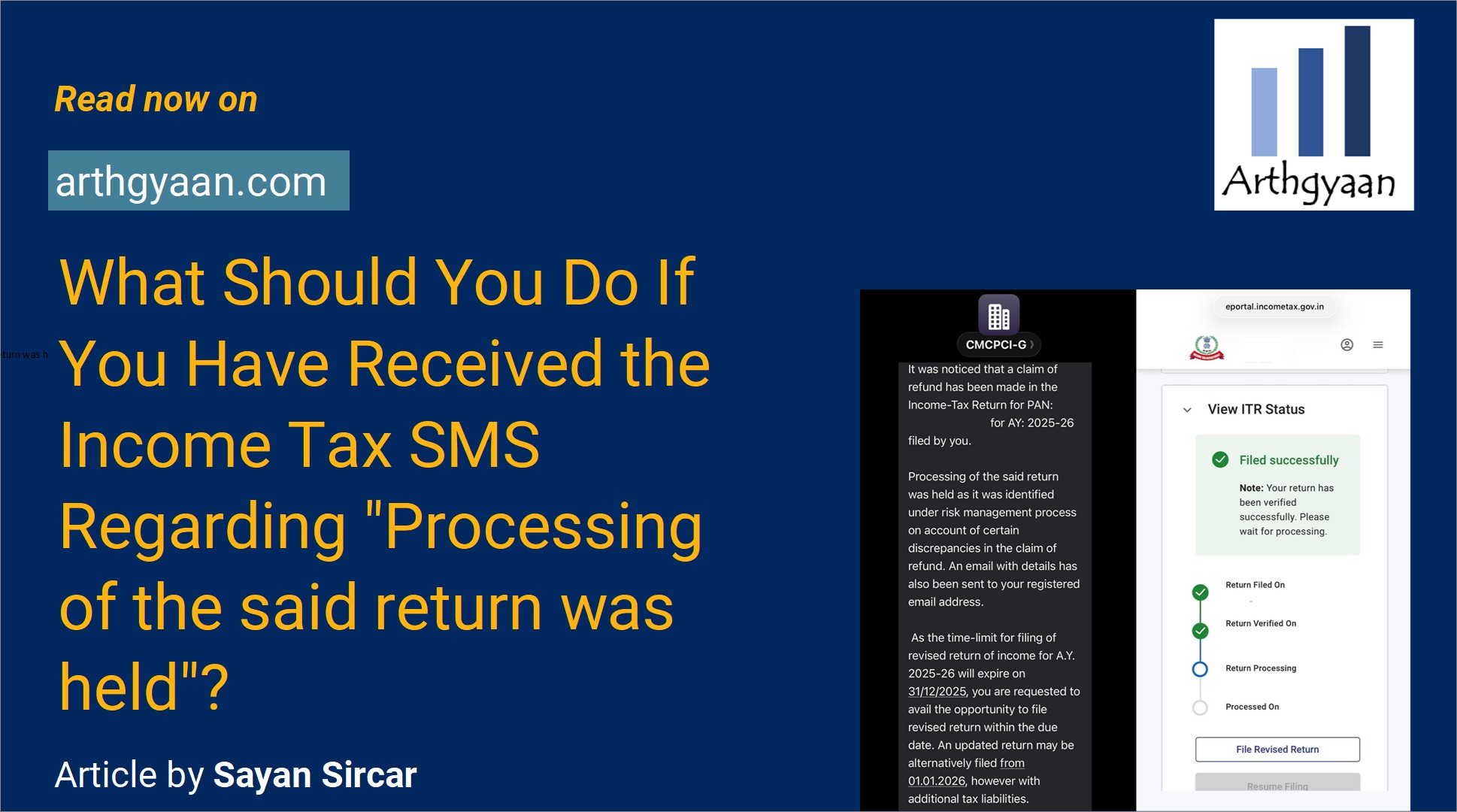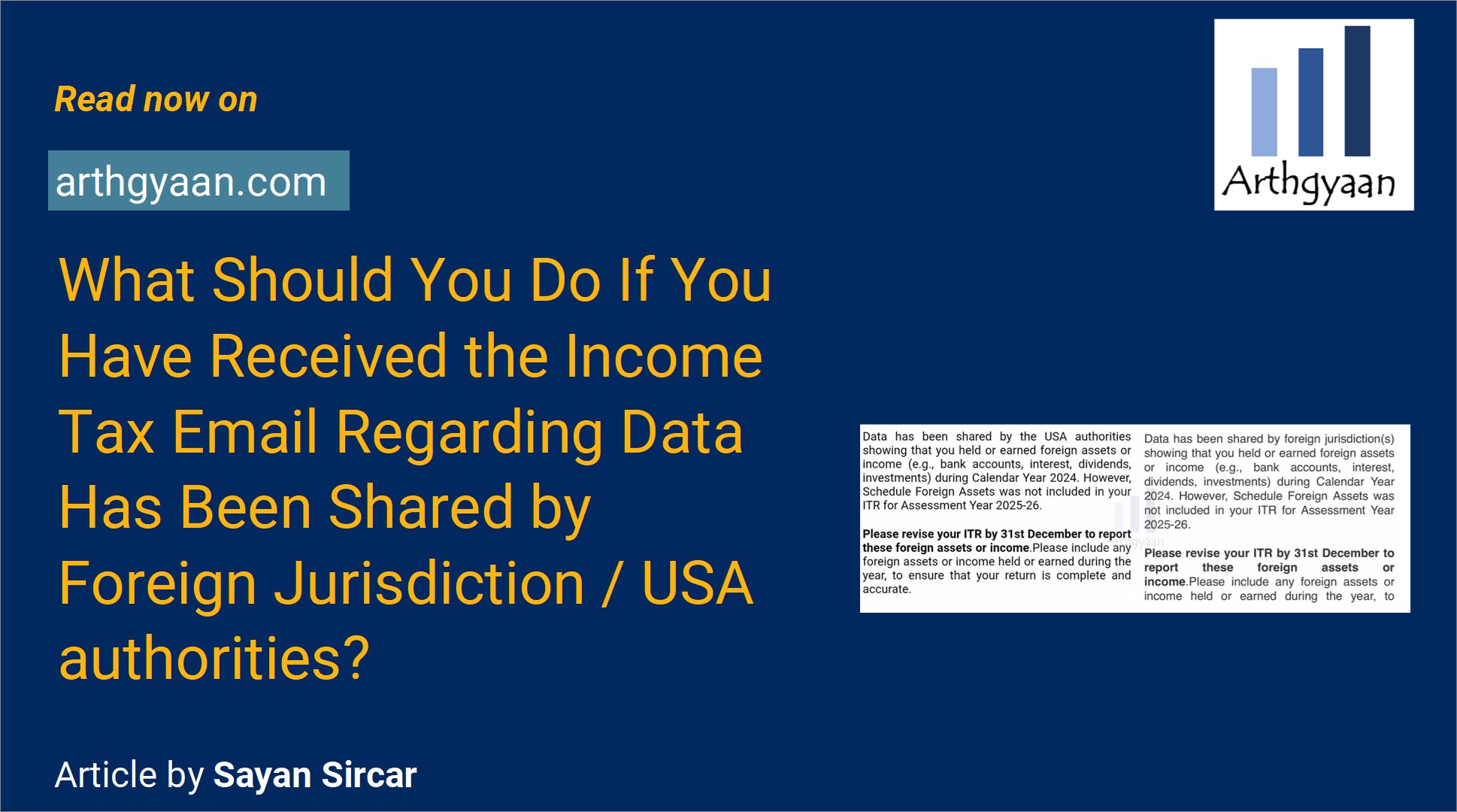Frequently asked questions (FAQs) on Tax Collected at Source (TCS) when you buy a car
This article gives you a list of common questions and their answers on the concept of tax collected at source when you buy a car.
This article gives you a list of common questions and their answers on the concept of tax collected at source when you buy a car.

Please use the Find feature of your browser to look for specific questions and answers.
TCS is a tax levied on certain goods and services, including the purchase of specific motor vehicles above Rs 10 lakh, wherein the seller collects a specified percentage of the transaction value from the buyer and remits it to the government.
For motor vehicles valued above Rs 10 lakh, the standard TCS rate is 1%. However, it can vary: under Section 206CCA, if the buyer doesn’t provide a PAN card, the rate can be 20%. Additionally, if the buyer hasn’t filed income tax returns in the previous two financial years, the tax rate can be 5%.
Motor vehicles with four or more wheels, bikes, scooters, and custom vehicles legally fit for road use, with an engine cubic capacity (CC) of 25CC or more, are subject to TCS if their value exceeds Rs 10 lakh. However, high-end cycles above Rs 10 lakh are exempt as TCS applies only to engine-based vehicles.
The seller of the motor vehicle collects TCS. The term ‘seller’ includes various entities like government bodies, companies, cooperatives, or individuals with specified income thresholds from business or professional activities.
Yes, a higher TCS rate may apply if the buyer hasn’t filed income tax returns for the preceding two financial years and if the total TCS and Tax Deducted at Source (TDS) amount exceeded Rs 50,000 in each of those two years. This condition necessitates verification of the buyer’s tax compliance status before the sale to avoid default.
Buyers must ensure sellers provide them with a TCS certificate (Form 27D) within stipulated timelines. Additionally, they should ensure their PAN details are provided and verify the seller’s compliance with TCS regulations to avoid legal complications.
TCS applies to vehicles imported from abroad if they meet specified criteria and exceed Rs 10 lakh in value. However, the process for foreign sellers to collect TCS from buyers in India still needs to be defined in the Income-tax Act.
TCS is never refunded but can be adjusted for your total tax liability in the running Financial Year itself by adjusting TCS vs. your Advance Tax liability. In other words, you are not paying an extra tax called TCS when you buy a car.
If the car dealer has filed their return late, say not by the 15th of the next month, the TCS will not show up. Then you, as the buyer, must contact the dealership if the TCS is not reflected after the next month you bought the car.
If you have advance tax liability due to tax being paid during the year, the TCS is adjusted against that. Otherwise, TCS will be adjusted against your total tax due at the time of filing income tax return. If the TCS exceeds the total tax due, you will get a refund.
Budget 2024 has allowed adjusting TCS for a car purchase against salary TDS by filling Form 12BAA. You can approach your employer for the relevant declarations on your annual tax deductions.
TCS is a tax levied on certain goods and services, including the purchase of specific motor vehicles above Rs 10 lakh, wherein the seller collects a specified percentage of the transaction value from the buyer and remits it to the government.
For motor vehicles valued above Rs 10 lakh, the standard TCS rate is 1%. However, it can vary: under Section 206CCA, if the buyer doesn't provide a PAN card, the rate can be 20%. Additionally, if the buyer hasn't filed income tax returns in the previous two financial years, the tax rate can be 5%.
Motor vehicles with four or more wheels, bikes, scooters, and custom vehicles legally fit for road use, with an engine cubic capacity (CC) of 25CC or more, are subject to TCS if their value exceeds Rs 10 lakh. However, high-end cycles above Rs 10 lakh are exempt as TCS applies only to engine-based vehicles.
The seller of the motor vehicle collects TCS. The term 'seller' includes various entities like government bodies, companies, cooperatives, or individuals with specified income thresholds from business or professional activities.
Yes, a higher TCS rate may apply if the buyer hasn't filed income tax returns for the preceding two financial years and if the total TCS and Tax Deducted at Source (TDS) amount exceeded Rs 50,000 in each of those two years. This condition necessitates verification of the buyer's tax compliance status before the sale to avoid default.
Buyers must ensure sellers provide them with a TCS certificate (Form 27D) within stipulated timelines. Additionally, they should ensure their PAN details are provided and verify the seller's compliance with TCS regulations to avoid legal complications.
TCS applies to vehicles imported from abroad if they meet specified criteria and exceed Rs 10 lakh in value. However, the process for foreign sellers to collect TCS from buyers in India still needs to be defined in the Income-tax Act.
TCS is never refunded but can be adjusted for your total tax liability in the running Financial Year itself by adjusting TCS vs. your Advance Tax liability. In other words, you are not paying an extra tax called TCS when you buy a car.
If the car dealer has filed their return late, say not by the 15th of the next month, the TCS will not show up. Then you, as the buyer, must contact the dealership if the TCS is not reflected after the next month you bought the car.
If you have advance tax liability due to tax being paid during the year, the TCS is adjusted against that. Otherwise, TCS will be adjusted against your total tax due at the time of filing income tax return. If the TCS exceeds the total tax due, you will get a refund.
Budget 2024 has allowed adjusting TCS for a car purchase against salary TDS by filling Form 12BAA. You can approach your employer for the relevant declarations on your annual tax deductions.

Published: 23 December 2025
6 MIN READ

Published: 18 December 2025
8 MIN READ
1. Email me with any questions.
2. Use our goal-based investing template to prepare a financial plan for yourself.Don't forget to share this article on WhatsApp or Twitter or post this to Facebook.
Discuss this post with us via Facebook or get regular bite-sized updates on Twitter.
More posts...Disclaimer: Content on this site is for educational purpose only and is not financial advice. Nothing on this site should be construed as an offer or recommendation to buy/sell any financial product or service. Please consult a registered investment advisor before making any investments.
This post titled Frequently asked questions (FAQs) on Tax Collected at Source (TCS) when you buy a car first appeared on 26 Nov 2023 at https://arthgyaan.com
Copyright © 2021-2025 Arthgyaan.com. All rights reserved.